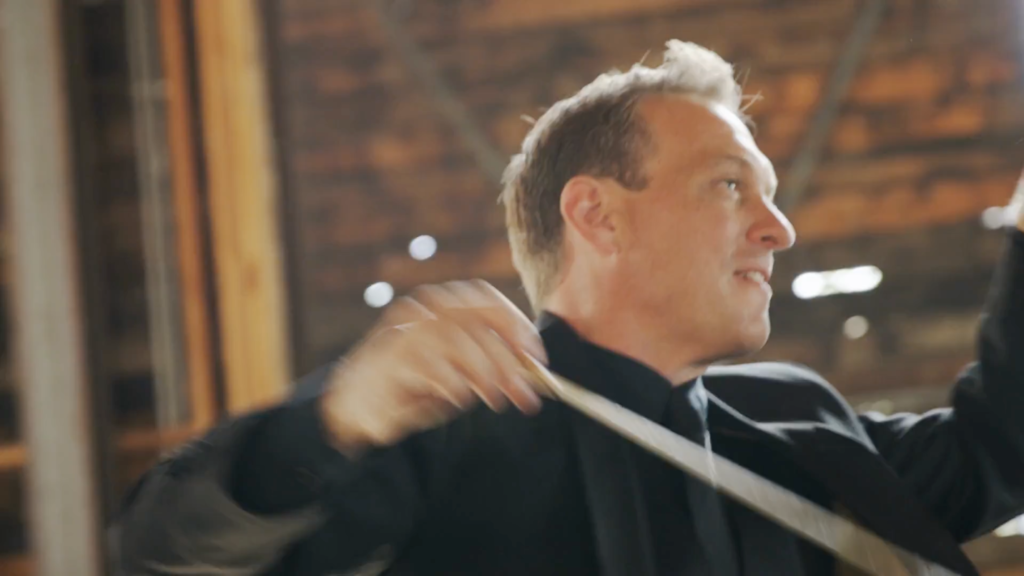Interesting question – isn’t it the same thing? No.
Conductors must give unmistakable and suggestive signals to the orchestra – not choreography to the audience.
When the orchestra is an amateur group, or working on a new piece, it is important for the conductor to keep the beat. However, when the finest and most professional orchestras perform, they know the music, and they know the beat.
The conductor’s primary role is not the beat, it is to focus the attention on the players, to allow them to connect with the music, their collective sound and each other. This allows the conductor to lead with facial expressions and hand signals (all quietly) to keep the players present and alert, to play through problems arising and to infuse the music with emotion.
So, what is the point for leadership:
- Leaders set the pace by example, and clear expectations.
- Leaders need to synchronize the team. There are many parts being played at the same time, to deliver a great result – they need to play to the same beat, the same goals and expectations.
- A leader’s pace will always be a bit ahead of the team to show the next step, or the next move. It’s crucial that the leader communicates expectations constantly and clearly.
- Greatness doesn’t flow from the baton, it flows from a synchronous movement bound by a commitment to a collective outcome, an emotional connection to the process and the outcome.
- And lastly, when a high performing orchestra is deeply entrenched in delivering their magic, they might not even be looking at the conductor. The same with a great leader. The great leader is always present, but not pivotal to all the greatness that happens in the organization. It is about the team.
Conducting is more difficult than playing a single instrument. You have to know the culture, to know the score, and to project what you want to hear. Some conductors are well prepared but cannot transmit their ideas to an orchestra, and others are good communicators but have nothing to transmit because they are not absorbed enough in the score.

